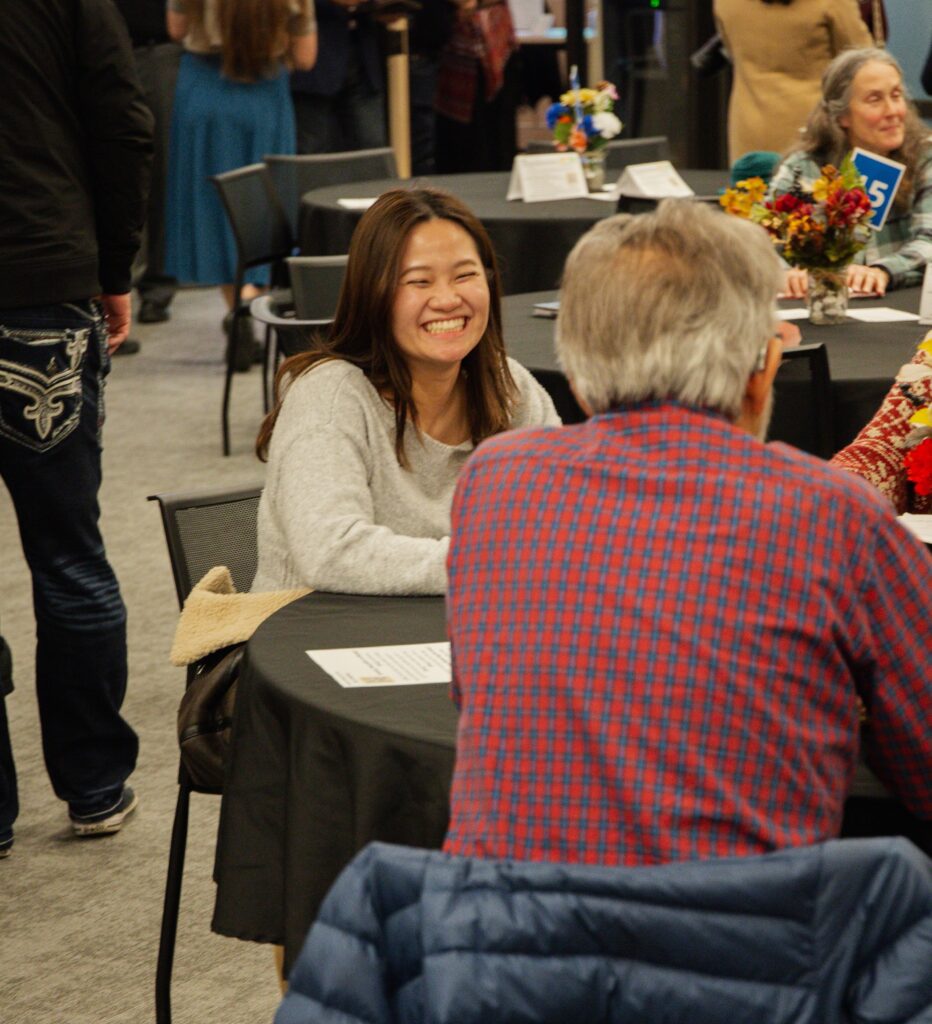
In a time of growing division and isolation, it’s easy to forget that human societies have always depended on relationships—especially between groups. From ancient trade routes to cross cultural discussions, history shows us that thriving communities aren’t just built on individual connections but on how whole groups interact, collaborate, and find common ground.
The Rippel Foundation emphasizes this in its work on what makes a society healthy. Their model of the “vital conditions” for a well-functioning society includes:
- Basic Needs for Health & Safety
- Humane Housing
- Meaningful Work & Wealth
- Lifelong Learning
- Reliable Transportation
- Belonging & Civic Muscle
- A Thriving Natural World
Among these, Belonging and Civic Muscle are foundational to the rest.
This aligns with what wisdom traditions have taught for millennia: relationships matter. When we connect across religious, cultural, and ideological lines, we move beyond stereotypes and build the resilience needed to navigate complex issues together. In contrast, when groups isolate themselves, fear and mistrust grow, making collaboration nearly impossible.
Building group-to-group relationships isn’t just a “nice to have,” nor is it a reward for agreeing with one another. It’s the foundation of a healthy, functioning society.
That’s why initiatives like The Potluck Project and other community-based relationship-building efforts are so critical. They create space for different groups to come together—not just to talk, but to listen, share meals, and recognize their shared humanity.
The future of democracy, equity, and social well-being depends on these kinds of connections. As the Rippel Foundation’s work suggests, lasting change happens when we prioritize relationships—because relationships are what hold society together.
Let’s commit to strengthening them. One meal, one conversation, one partnership at a time.
